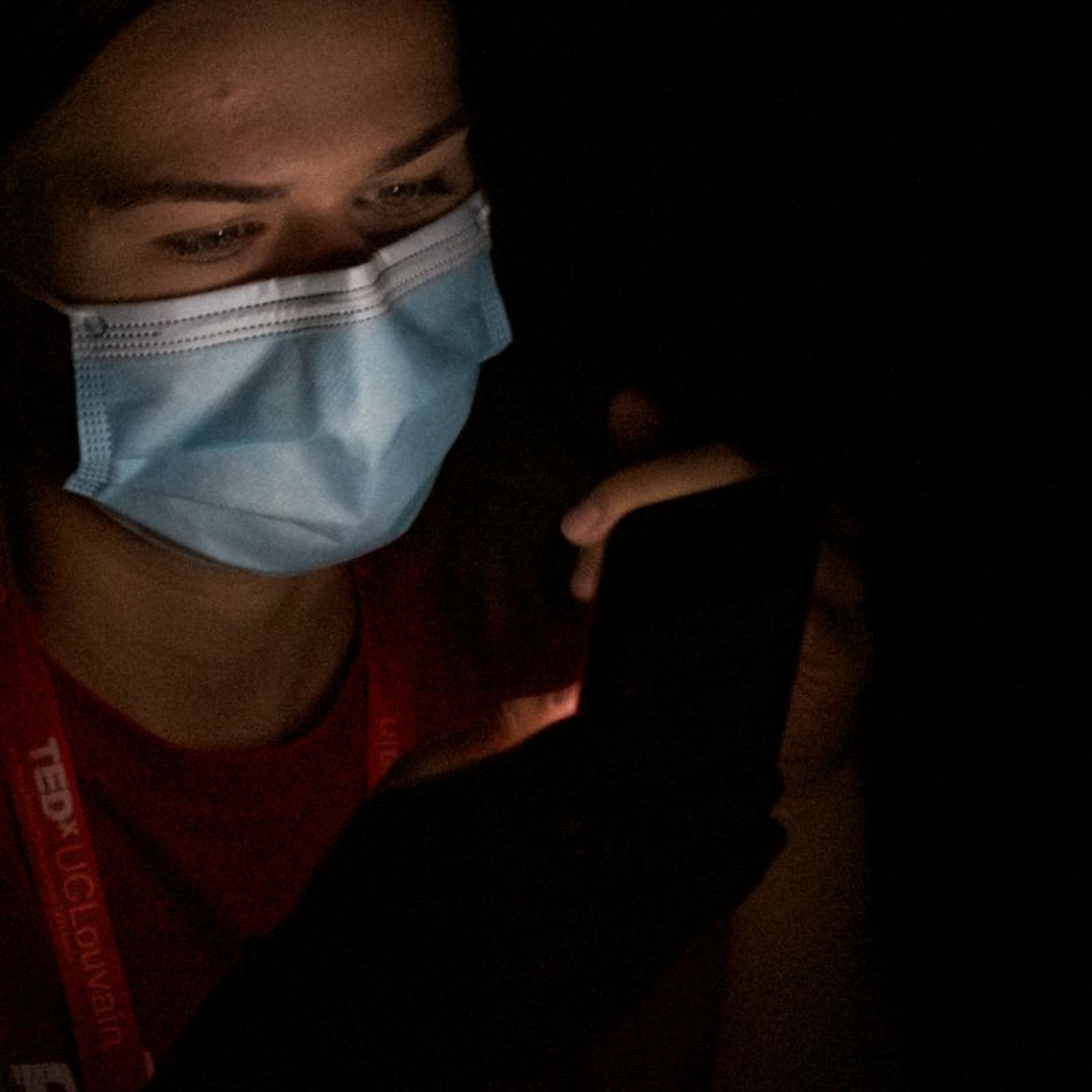- Culture
- SEE MORE
- classical
- general
- talk
- News
- Family
- Bürgerfunk
- pop
- Islam
- soul
- jazz
- Comedy
- humor
- wissenschaft
- opera
- baroque
- gesellschaft
- theater
- Local
- alternative
- electro
- rock
- rap
- lifestyle
- Music
- como
- RNE
- ballads
- greek
- Buddhism
- deportes
- christian
- Technology
- piano
- djs
- Dance
- dutch
- flamenco
- social
- hope
- christian rock
- academia
- afrique
- Business
- musique
- ελληνική-μουσική
- religion
- World radio
- Zarzuela
- travel
- World
- NFL
- media
- Art
- public
- Sports
- Gospel
- st.
- baptist
- Leisure
- Kids & Family
- musical
- club
- Health & Fitness
- True Crime
- Fiction
- children
- Society & Culture
- TV & Film
- gold
- kunst
- música
- gay
- Natural
- a
- francais
- bach
- economics
- kultur
- evangelical
- tech
- Opinion
- Government
- gaming
- College
- technik
- History
- Jesus
- Health
- movies
- radio
- services
- Church
- podcast
- Education
- international
- Transportation
- Other
- kids
- podcasts
- philadelphia
- Noticias
- love
- sport
- Salud
- film
- and
- 4chan
- Disco
- Stories
- fashion
- Arts
- interviews
- hardstyle
- entertainment
- humour
- medieval
- literature
- alma
- Cultura
- video
- TV
- Science
- en
TEDxUCLouvain - Martin Nera - Organizer

b'Finding ways to be creative and stay connected to your TEDx Community during these challenging times of sequestering and dealing with a global pandemic can test even the most creative Organizers.\\n\\nWhen I read about our guest, Martin Nera of TEDxUCLouvain on the TEDx Organizers Facebook page, I was intrigued about their plans that involved virtual production, strategies to engage their Community - all while focusing on creating an experience. Their theme for the event was All-Knowing Generations.\\n\\nTEDxUCLouvain is a University event that has been in production for five years. It was started by 4 Ph.D. students and a 100 person license. This year they were supposed to produce their live event for 800 people in April, and due to COVID, elected to postpone until the Fall and see if things changed. In fact, they didn\'t, they got worse, however, Martin and his team used those constraints to guide their creativity.\\n\\nIn this episode (and sorry for the long delay between episodes) you\'ll hear how Martin and the team focused on living into a few guiding principles. One, Change Expectations and two, "If you don\'t want to disappoint, you have to surprise." You\'ll need to listen to the show to get the deeper and profoundly interesting way those ideas manifested themselves.\\n\\nMartin explains that his audience of students\' lives for authentic experiences and streaming pre-recorded TEDx Talks to dorm rooms was not the experience his team wanted to deliver. Listen as he explains how they decentralized the event into forty (40) locations of ten (10) people each, created and distributed a Knowlege Box to each pod of listeners, and how they activated each pod, the collective pods and individuals to deliver a truly unique experience and refined what a TEDx event could be.\\n\\nCongratulations to the team at TEDxUCLouvain and the impact they made on 400 people and how they delivered on the promises they\'d made to their speakers, the community and their partners.'